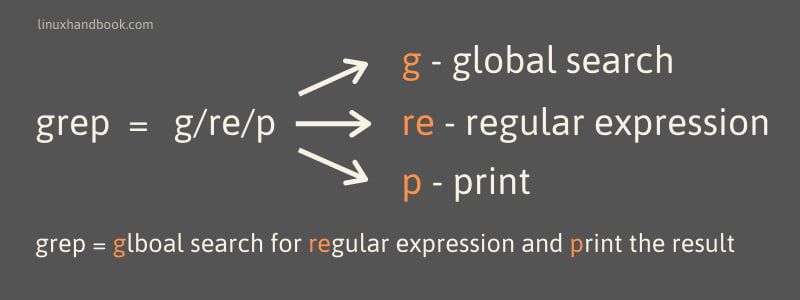If there is one characteristic that defines cybercrime today, it is the capacity to evolve and adapt to new environments and the ability to find ways of evading the cybersecurity measures taken by victims.
Ransomware is no exception. One of the main features of ransomware as a threat, in addition to kidnapping data, is that it is constantly reinventing itself to persist over time and ineffectiveness.
This type of malicious software has evolved greatly since it began, and today there is a wide variety of families in existence, giving rise to new, more sophisticated strains.
Did you know that?
- 65% of ransomware infections are delivered via phishing
- A ransomware attack will take place every 11 seconds by 2021
- 85% of ransomware attacks target Windows systems.
- The average cost of a ransomware attack in 2019 was $133,000
- 50% of IT professionals don’t believe that their organization is ready to defend against a ransomware attack.
- Hackers attack every 39 seconds or an average of 2,244 times a day
- Between January 1st and June 30th, 2020, ID Ransomware received 100,001 submissions relating to attacks that targeted companies and public sector organizations.
- 90 % of IT pros had clients that suffered ransomware attacks in the past year
- Ransomware costs will reach $20 billion by 2021
- 51% of businesses have been impacted by ransomware in the last year
- 0 affected Scicane customers



